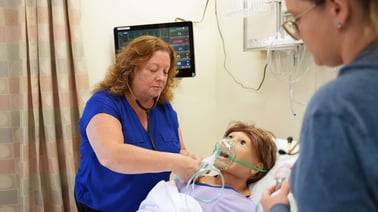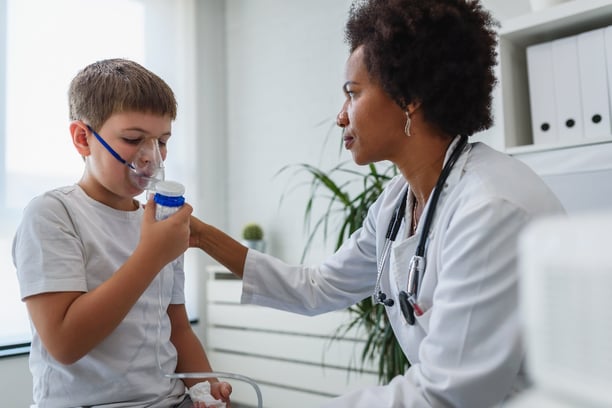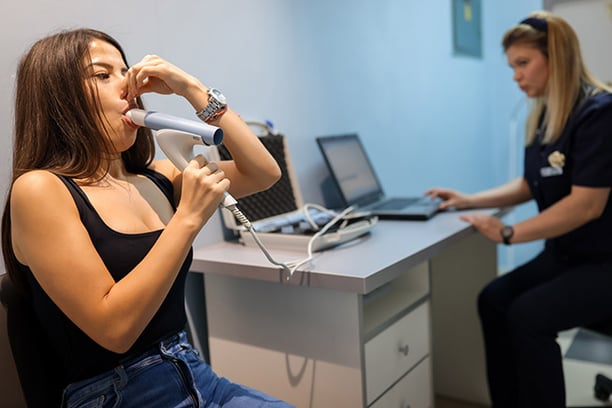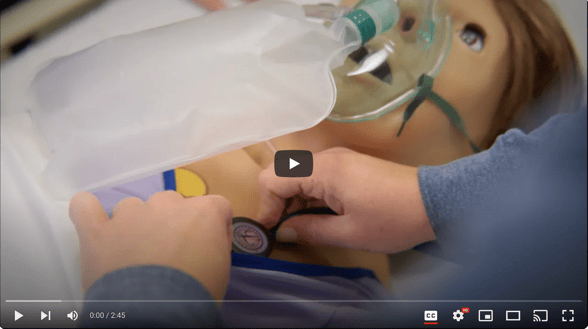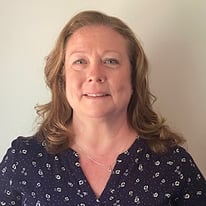This program is not currently accepting applications.
Respiratory Care Degree Overview
From premature infants whose lungs are underdeveloped, to older adults with chronic conditions or lung disease, respiratory therapists treat a wide variety of patients.
As a respiratory care student, you will:
- Take courses online
- Experience hands-on learning at a clinical facility during your program
- Come to our MA campus for 5 days (Wed-Sun 8 hours per day) of clinical boot camp each semester for the Respiratory Care Procedures Classes I-IV (4 semesters)
- Become part of a healthcare team, treating and caring for patients with cardiopulmonary diseases and disorders
- Become qualified to take the Therapist Multiple Choice (TCM) exam, which determines your eligibility for the Clinical Simulation Examination (CSE) used to qualify for both Certified Respiratory Therapist (CRT) and RRT (Registered Respiratory Therapist).
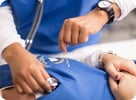
Respiratory therapists play a crucial role in the lives of patients who have difficult breathing due to a myriad of factors from development issues to lung disease and more.
Not sure if this program is the best fit? Here are some interesting highlights!
262
million people suffer from asthma - one of the most common chronic respiratory diseases (WHO)
23%
projected growth in respiratory therapy jobs between 2020 - 2030
10k
job openings each year are predicted in respiratory therapy through 2030
